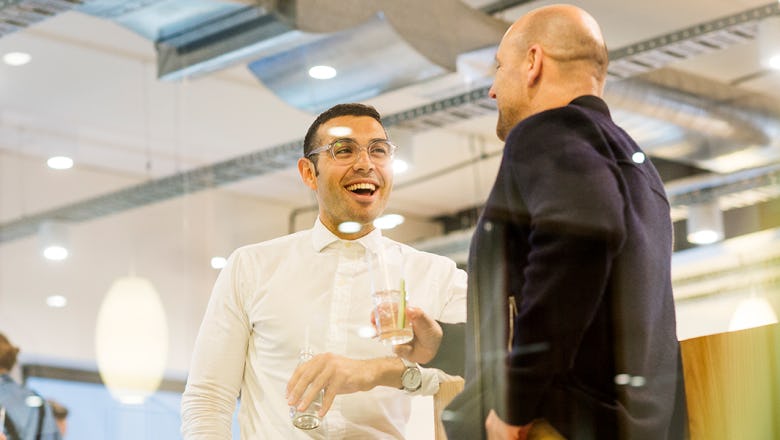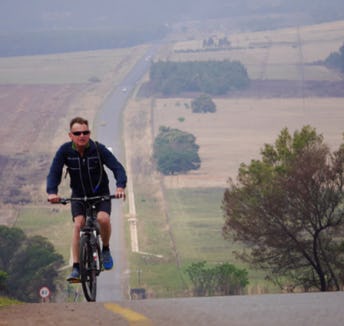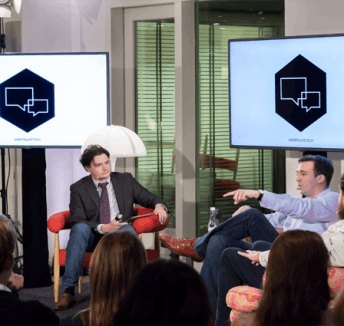
‘Authenticity is begotten, not made’. It’s a line from a book found in the reception of the offices of Argent, the company responsible for overhauling Kings Cross. Argent believes Kings Cross being a ‘real place’ is the most important factor in its success.
Authenticity has been a characteristic of high western consumerism in recent times. An appetite for brands with heritage, discovering undiscovered places, unpolished politicians, and so on.
As well as shaping the kind of modern urban redevelopment you see at Kings Cross, authenticity has arguably been the biggest factor in allowing small startups to do the previously unthinkable: compete with better known, better resourced giants.
Out-muscling
It’s an asset often lost on companies starting out. You can see its worth in the newly created £10 burger market. The expansion strategies make for fascinating reading, where raw indie operators have in many cases out-muscled bigger rivals.
As much as burger eaters like to say it’s their appreciation for the finer notes of a burger, there’s also something else going on. The specialness of being handed the burger in a rickety environment by the same guy who passionately conceived the business. In short, the sense of something real. A component of this fascination with authenticity is it can’t be faked.
Seeing the signs
It’s in the tiny details that distinguish contrived and genuinely authentic, where people can almost see the signs of inauthenticity. But it remains a quality some of the biggest brands in the world believe they need to pursue. And yet startups often fail to harness it when they have this precious quality flowing through their business.
McDonalds is currently airing a TV ad with the tagline ‘live bolder’. An inked grungy girl prepares a pulled pork wrap with the kind of rockstar intensity that’s become part of the food market schtick. If you look close enough, you can see the meeting and a white board with ‘authenticity’ underlined.
Preserving charm
It taps into a challenge faced by some startups, not just food ones. If a big part of the appeal is the discovery of something raw and untainted, how does that business grow and preserve that charm when it is bigger and more successful?
Tom Byng, the founder of burger chain Byron appears to offer the best advice: recognise it but don’t overthink it. Things appear to unravel when an attempt is made to graft a layer of authenticity on and isn’t at the core of what drives the people behind the business. Protecting and nurturing that true identity appears to be the key.
Unfakeable
Street Feast and Secret Cinema have both mushroomed into sizeable operations with large fanbases. The two founders discuss various aspects of growth on page 14. There is something unmistakable, unfakeable even, as they speak; an undimmed commitment for the thing they started doing.
Allied to that is a confident sense that what they do should appeal to everyone, and not exist in a rarified bubble, it gives a sense that these are businesses that can stay authentic and grow. Being a real thing is special, and a powerful asset amid the otherwise difficult startup experience from being small and unknown.
New businesses are invariably started with a passion and an excitement, a belief in doing something new or better. That spirit is infectious and transmits to customers, staff and partners. It’s worth remembering how rare and valued that it is.
Share this article
 Read now Cycling Through Africa to Build Houses
Read now Cycling Through Africa to Build Houses
 Read now Amsterdam Talks Tech Returns for its VII Edition
Read now Amsterdam Talks Tech Returns for its VII Edition